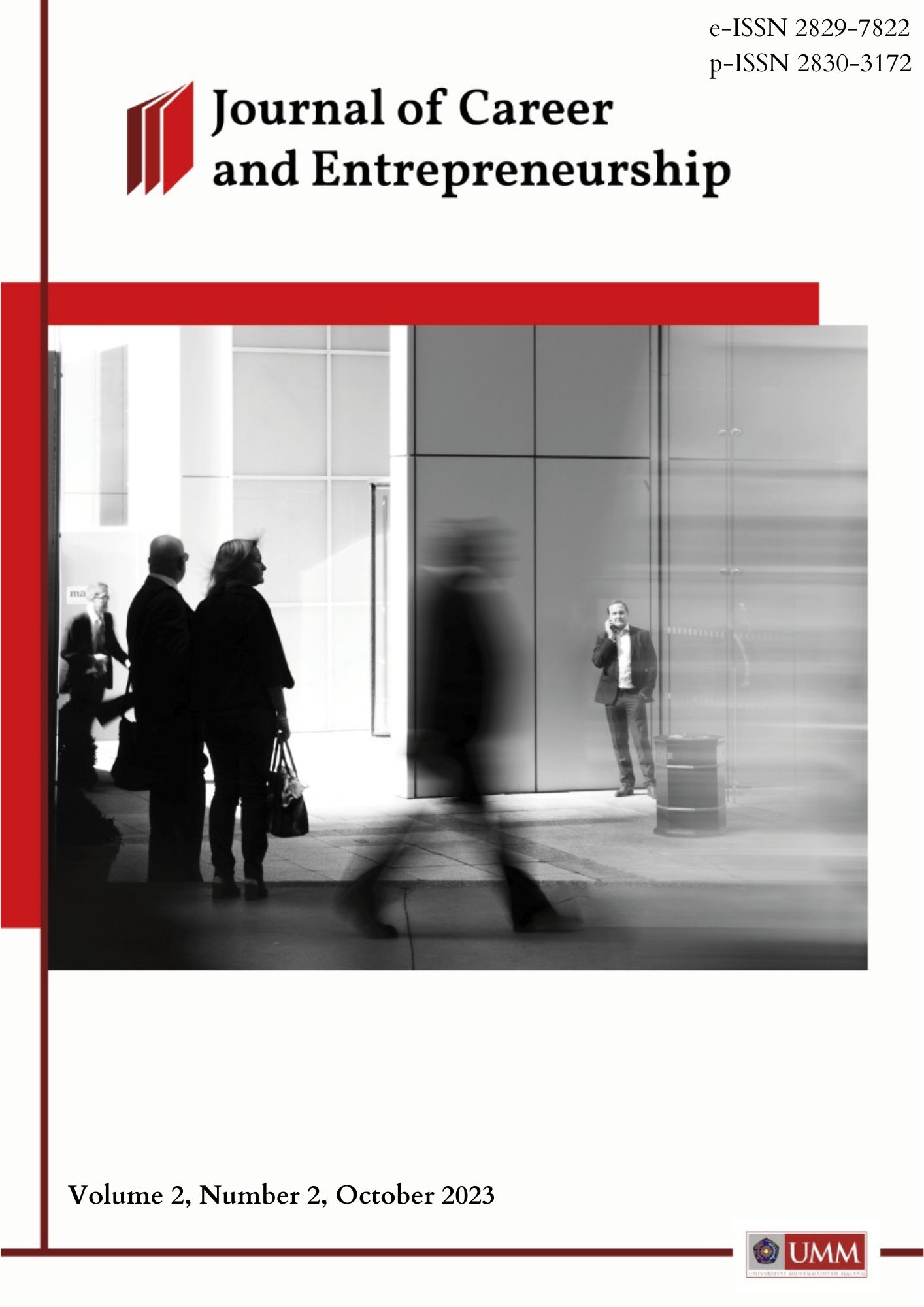Are There Soft Skill Ability Different In Gender?
DOI:
https://doi.org/10.22219/jce.v2i2.31029Keywords:
soft skill, gender, studentAbstract
The importance of soft skills as a complement to higher education is of concern to all parties, both educational institutions and students. This awareness emerged due to criticism from the business world which stated that there was a gap in the soft skills of job seekers and the world of work. Referring to these conditions, this research attempts to explore how important soft skills are for students and explore differences in the soft skills abilities of male and female students. This research interviewed 40 respondents, namely 20 male students and 20 female students on 8 soft skill variables. The analytical tool used is two way ANOVA to determine the differences in 8 soft skill abilities between male and female students. The research results show that in communication, flexibility, interpersonal, professionalism and work ethics there are differences in abilities between women and men, but overall there is no difference in the soft skills abilities of male and female students.
Downloads

Downloads
Published
How to Cite
Issue
Section
License
Copyright (c) 2023 Fita Setiati

This work is licensed under a Creative Commons Attribution-ShareAlike 4.0 International License.
Authors who publish with Journal of Career and entrepreneurship (JCE) agree to the following terms:
- For all articles published in Journal of Career and entrepreneurship (JCE), copyright is retained by the authors. Authors give permission to the publisher to announce the work with conditions. When the manuscript is accepted for publication, the authors agree to automatic transfer of the publishing right to the publisher.
- Authors retain copyright and grant the journal right of first publication with the work simultaneously licensed under a Creative Commons Attribution-ShareAlike 4.0 International License that allows others to share the work with an acknowledgment of the work's authorship and initial publication in this journal.
- Authors are able to enter into separate, additional contractual arrangements for the non-exclusive distribution of the journal's published version of the work (e.g., post it to an institutional repository or publish it in a book), with an acknowledgment of its initial publication in this journal.
- Authors are permitted and encouraged to post their work online (e.g., in institutional repositories or on their website) prior to and during the submission process, as it can lead to productive exchanges, as well as earlier and greater citation of published wor (See The Effect of Open Access).
This work is licensed under a Creative Commons Attribution-ShareAlike 4.0 International License.





